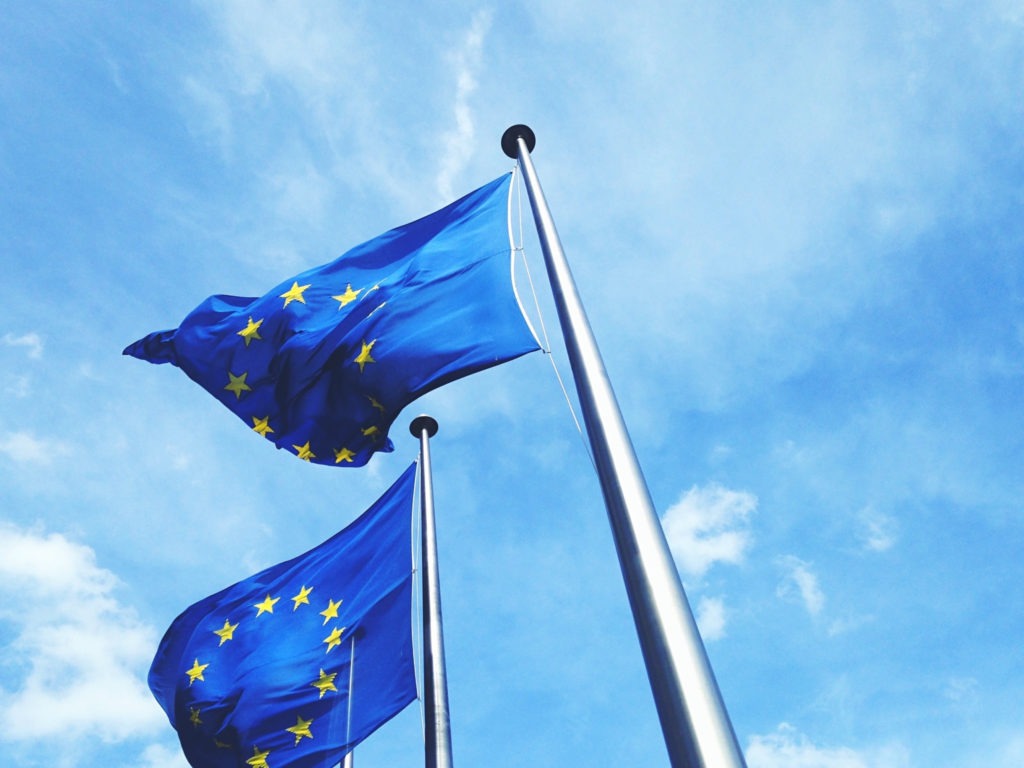German manufacturers see offices raided as cartel investigation continues
23 October 2017

23 October 2017
A European investigation into a cartel run by German vehicle manufacturers has stepped up a gear with officials raiding the headquarters of BMW, Daimler, Volkswagen (VW) and Audi.
The EU commission’s antitrust watchdog announced in July that it was looking into reports of collusion between the manufacturers, following information passed on by both Daimler and VW. According to the accusations, carmakers held regular meetings to discuss suppliers, prices and standards in order to give themselves a competitive advantage over foreign manufacturers in the German automotive market.
In total, 60 committees, made up of around 200 employees from the companies, discussed vehicle development, brake systems, clutches and transmissions, petrol and diesel engines as well as exhaust treatment systems. However, the alleged cartel had no involvement in the VW Dieselgate scandal.
In a statement, BMW said that EU staff had ′conducted an inspection’ at its Munich offices, adding that it is assisting the commission with its work. The company has denied any involvement in the alleged cartel. The manufacturer also made it clear that any discussion concerning collusion on diesel emissions is not related to the VW Dieselgate scandal, which it is not being implicated in.
On Monday, inspectors also attended Daimler’s offices in Stuttgart, VW’s offices in Wolfsburg and Audi’s headquarters in Ingolstadt. All manufacturers have stated that they are helping with enquiries, while the EU has yet to bring any formal charges to the group.
Companies found guilty of breaching EU cartel rules face fines of as much as 10% of their global turnover, which would be a substantial amount for the carmakers. A number of truck manufacturers were fined a total of €2.9 billion in 2016 for operating a cartel, while Scania was fined €880 million at a later date as it denied involvement and went to court over the allegations.
However, under antitrust rules, those who cooperate with cartel investigations could see discounts on potential fines, while companies that expose their existence can see a 100% reduction. For this reason, Daimler has applied for ′whistle-blower’ status, stating that as they were the first to inform the EU of the wrongdoing, they should be immune from financial penalty.
The Commission has declined to identify the original source of the tip-off, saying this is to avoid compromising its investigation. It has stated that the manufacturer is cooperating with the investigation.
Volkswagen could also benefit from leniency after sharing information, according to earlier reports. It was initially believed that documents seized from Audi’s offices following a raid over the Dieselgate scandal could have led to the uncovering of the cartel.
US Justice Department officials are also looking into the allegations, which could prove problematic for VW. Its plea bargain over the diesel emissions scandal requires that the carmaker commits no other crimes and cooperate with any investigation related to the emissions of its vehicles. With the emission systems just one area of the cartel, this could see further sanctions imposed on the German company.